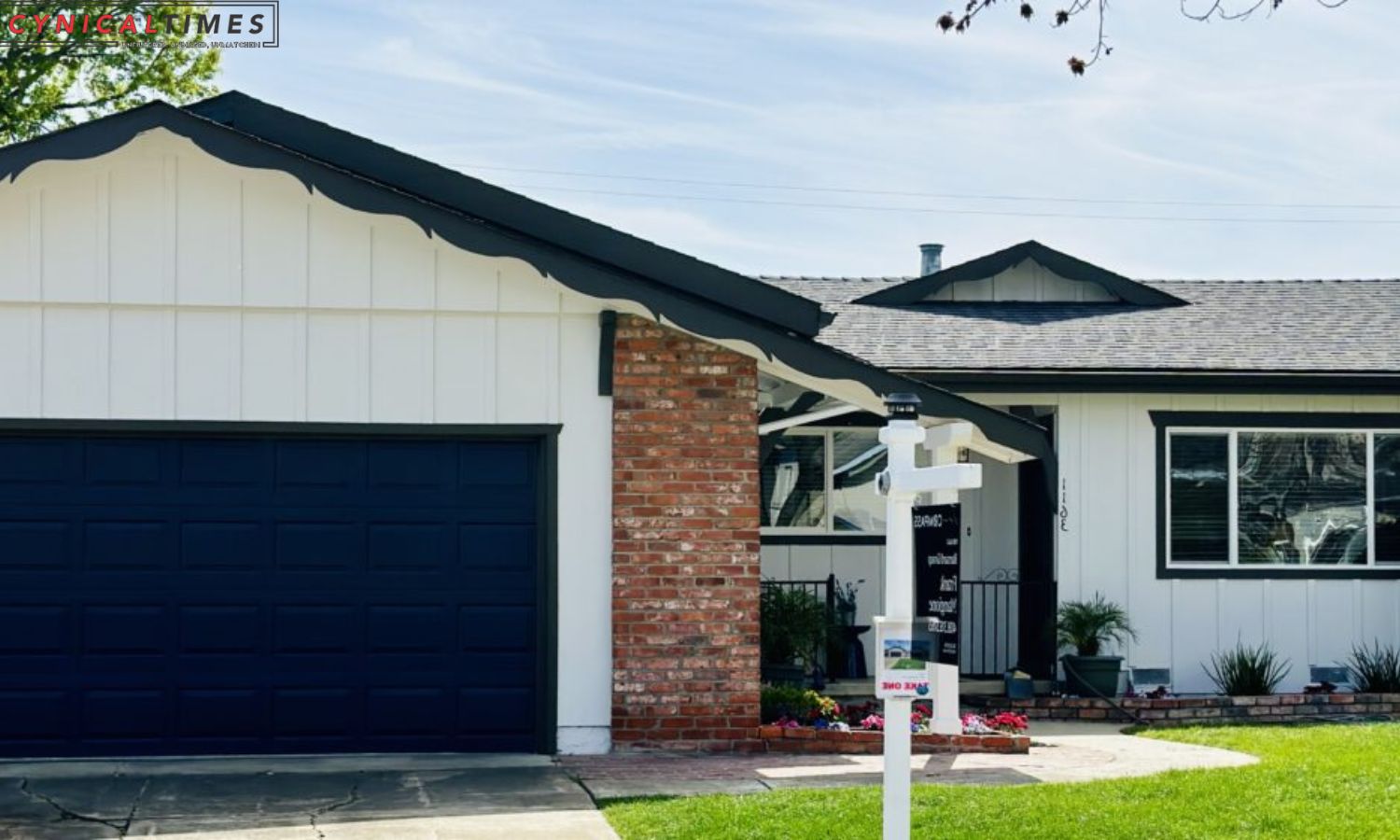Silicon Valley Housing Quandary: A recent report from All Star Home has placed San Jose as the second-worst city in the U.S. for homeowners seeking value for money in their housing. With San Francisco taking the top spot and Seattle following closely behind, this ranking reflects the sentiments of homeowners in 25 cities surveyed by the American Housing Survey.
The evaluation considered homeowners’ happiness with their homes and neighborhoods relative to the prices they pay. Surprisingly, Detroit emerged as the best city for housing value, with Rochester, New York, and Birmingham, Alabama, securing the second and third positions.
The survey gathered responses from residents, assessing their satisfaction with their homes and neighborhoods. The average of these responses determined happiness ratings, which were then divided by the median home value for each region.
Brett Caviness, a local realtor and former president of the Silicon Valley Association of Realtors, commented on the findings, highlighting the unique dynamics of the Silicon Valley housing market. He emphasized that the market in this tech-driven region is more focused on long-term investment than on immediate comfort and satisfaction. Negotiations often revolve around future investment potential rather than specific features of the home.
Caviness pointed out that the pandemic has significantly shifted how homeowners perceive their properties. With homes serving as offices, schools, and gyms during lockdowns, the priorities and expectations of homeowners have evolved.
Also Read: Frank Fiscalini A Centennial Symphony of Service and Leadership
William Chea, President of the Santa Clara County Association of Realtors, added to this perspective, noting that homes have become multifunctional spaces. Beyond being a place to sleep, they now function as offices and schools, influencing how individuals perceive and value their homes.
Despite the challenges, demand for housing in San Jose continues to rise. Caviness attributed this to the diverse needs and preferences of homeowners, resulting in a dynamic and competitive market.
Looking ahead, a report from Realtor.com predicts that the San Jose Metropolitan Area, including Sunnyvale and Santa Clara, might face a decrease in home sales in 2024, coupled with an increase in median sale prices. The forecast anticipates an 18.5% decline in home sales and a 3% rise in sale prices, contributing to the region’s affordability crisis.
Chea highlighted that interest rates between 5% to 7% are becoming the new norm, presenting an additional barrier to homeownership. He emphasized the need for a holistic approach, considering affordable housing for essential workers who play a crucial role in keeping Silicon Valley operational.
As San Jose navigates its housing challenges, the interplay between high costs, evolving homeowner needs, and market dynamics will continue to shape the city’s real estate landscape.
Our Reader’s Queries
What is the average cost of a home in Silicon Valley today?
Discover the latest median prices for Silicon Valley cities with our comprehensive table. From South San Francisco to Woodside, we’ve got you covered. See how much the median price has changed in 2021 for each city, with increases ranging from 11.3% to a whopping 31.6%. Whether you’re a buyer or seller, this information is essential for making informed decisions in the competitive Silicon Valley real estate market.
Will house prices go down in 2024 California?
The median home price in California has risen by 4.5% YoY, reaching an average of $786,300. Experts predict that this trend will continue, with prices expected to increase further in 2024 due to limited inventory. Currently, the sale-to-list price ratio stands at 100.7%, indicating a slight decline of 1.4 pt YoY compared to September 2022.
Is Silicon Valley affordable?
Silicon Valley is notorious for its high cost of living, ranking among the priciest regions in the US.
What does the bank collapse mean for the housing market?
The housing market can experience a slowdown when banks fail, as lending is often reduced. The impact of bank collapses can extend beyond the financial sector and affect the broader economy. Banks play a crucial role in the financial system, and their failure can result in a reduction in lending across various sectors.

